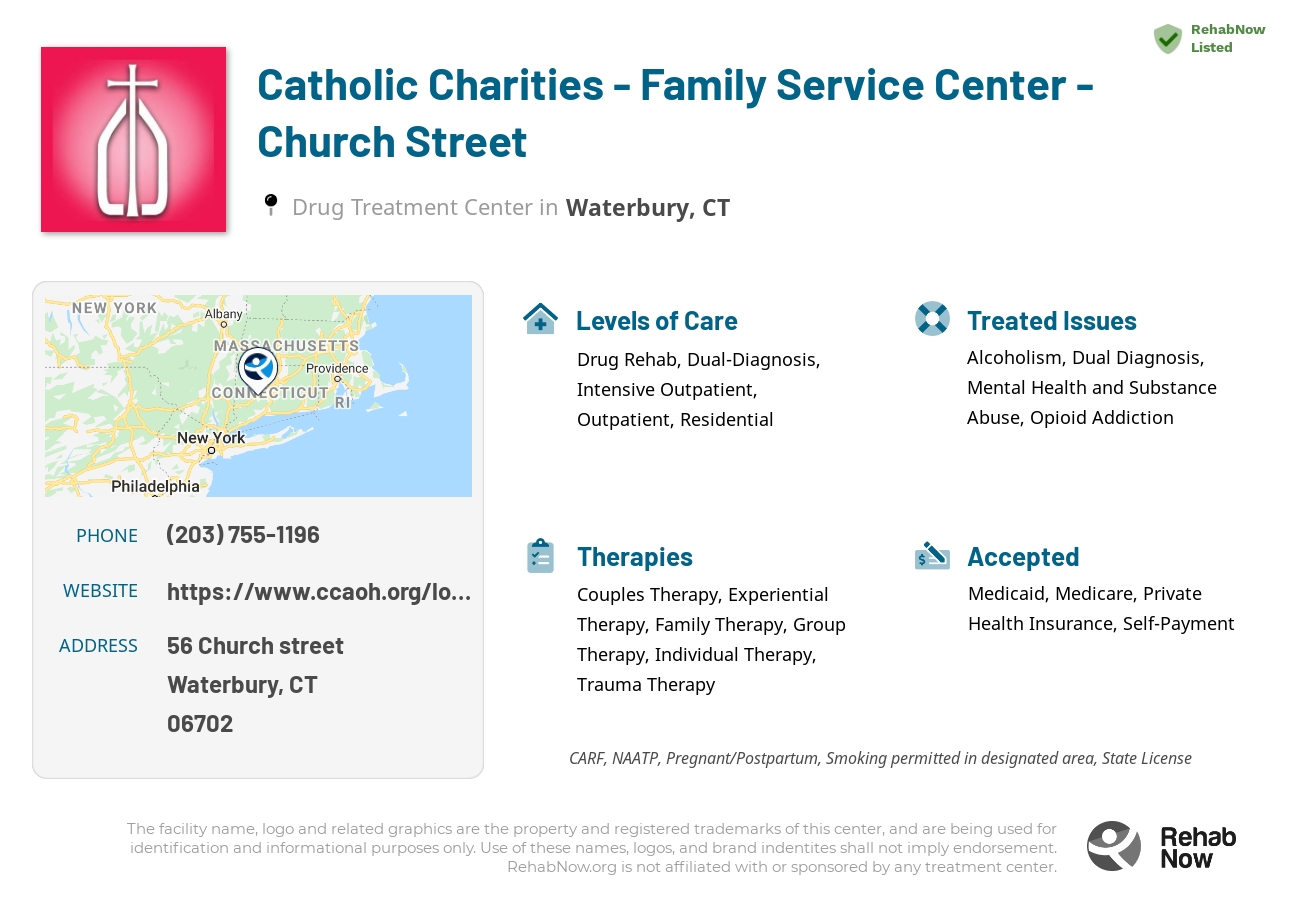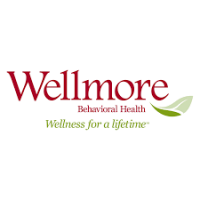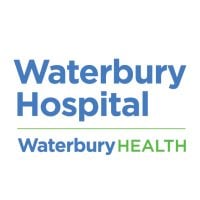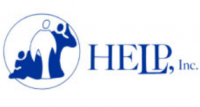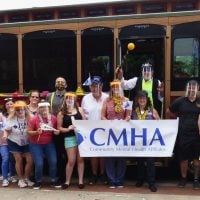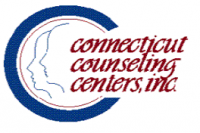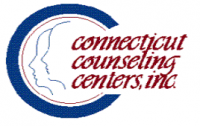Catholic Charities - Family Service Center - Church Street
Drug Rehab Center in Waterbury, Connecticut
Catholic Charities - Family Service Center - Church Street offers comprehensive addiction treatment and dual diagnosis services, including various levels of therapy, and accepts private health insurance.
About This Connecticut Facility
Catholic Charities - Family Service Center - Church Street is a substance abuse treatment facility located in Waterbury, Connecticut. The center specializes in providing comprehensive care for individuals struggling with alcoholism, opioid addiction, dual diagnosis, drug addiction, mental health, and substance abuse issues. With a range of treatment options available, Catholic Charities aims to help individuals on their journey towards sobriety and recovery. Their services are open to anyone seeking help with addiction and they accept private health insurance as a means of payment.
Catholic Charities - Family Service Center - Church Street offers a variety of services and treatment approaches to cater to individuals facing addiction and substance abuse challenges. Their programs include drug rehab, dual-diagnosis treatment, intensive outpatient treatment, outpatient treatment, residential treatment, and aftercare support. With a focus on personalized care, the center utilizes evidence-based therapies and holistic approaches to address the underlying causes of addiction and promote long-term recovery. By utilizing a combination of counseling, psychotherapy, group therapy, and support groups, Catholic Charities aims to provide individuals with the tools and support they need to achieve and maintain a successful recovery journey.
Genders
Ages
Modality
Additional
Conditions and Issues Treated
Opioid abuse has become a national epidemic in the last decade. The US has one of the world’s highest rates of opioid use and abuse, as well as opioid-related deaths. Opioids are classified as Schedule II-IV controlled substances in the US due to their high potential for abuse.
Oxycodone, hydrocodone, methadone, and fentanyl are the most common Opioids and are commonly prescribed to treat pain. Tolerance to opioids develops over time, making life difficult, if not impossible, without them. Opioid users often obtain the drugs illegally. They can be drug dealers, friends, or family members who do not have valid prescriptions.
The desire for a more intense high than prescription opioids can quickly lead to heroin use. Heroin users are more prone to illness and death due to the high risk of overdose.
Many opioid addicts who seek treatment believe that the only way to overcome their addiction is through medical detox and long-term drug addiction rehab. To help patients wean off their addiction and reduce the risk of overdose, medication-assisted therapy (MAT) involves prescribing a replacement opioid. Doctors use MAT in conjunction with other anti-craving medications to help patients maintain recovery. Due to the high risk of relapse, MAT is often combined with individual and group counseling and social support programs.
When addiction and psychiatric issues co-occur, the addict’s recovery is more successful when both conditions are treated. A dual diagnosis refers to a condition in which the patient is diagnosed with two health issues: addiction and bipolar disorder. The most common therapies are psychotherapy, behavioral therapy, spiritual counseling, 12-step programs, and medication management.
Levels of Care Offered at Catholic Charities - Family Service Center - Church Street
This center offers a variety of custom treatment tailored to individual recovery. Currently available are Drug Rehab, Dual-Diagnosis, Intensive Outpatient, Outpatient, Residential, with additional therapies available as listed below.
Intensive outpatient treatment is a form of addiction care that allows patients to continue living at home while undergoing treatment. This type of care is appropriate for patients who have been treated in residential treatment programs. Intensive outpatient programs include regular visits to the facility providing therapy, and patients gradually return to their routine life. IOP benefits most when patients have a supportive family member or friend to help them recover.
The first step to getting into an intensive outpatient program is to attend a detoxification facility. Detoxification facilities are designed to remove substances from the body safely. The patient will attend sessions designed to help them understand their addiction and its impact on their lives. While in an intensive outpatient program, therapy sessions are scheduled three to five times per week, with the patient attending no more than two sessions in one day.
An outpatient treatment program is set up to help with alcohol or drug addiction or a co-occurring disorder. The patient must attend the facility for their therapy and other programs but can return home each night.
The frequency of mandatory attendance decreases after much of Catholic Charities - Family Service Center - Church Street‘s program is complete.
Outpatient treatment is a recovery approach that allows recovering addicts to live at home while getting rehab for addiction
An outpatient can include day treatments which include attending group sessions one hour per week. A person living in an outpatient environment may be allowed the opportunity to work full time if they choose to and continue studies without interruption from drugs/alcohol.
Outpatient treatment is an option for people who want to maintain their careers and families. Outpatients live at home but attend treatment such as individual counseling, group counseling, or twelve-step meetings during the day.
Residential treatment programs are those that offer housing and meals in addition to substance abuse treatment. Rehab facilities that offer residential treatment allow patients to focus solely on recovery, in an environment totally separate from their lives. Some rehab centers specialize in short-term residential treatment (a few days to a week or two), while others solely provide treatment on a long-term basis (several weeks to months). Some offer both, and tailor treatment to the patient’s individual requirements.
Therapies & Programs
At Catholic Charities - Family Service Center - Church Street , to learn from past mistakes and improve one’s situation, the recovering person meets individually with a therapist. The counselor or therapist will address addiction causes, triggers, mental issues, dual diagnosis, and aftercare plans during this time. This is a very intense and challenging process. Some clients find it easier to open up to someone other than family or friends who understand their struggles with addiction.
Couples therapy sessions are typically used to help couples in recovery from drug addiction work through their issues. These types of sessions can be beneficial for many reasons, including the fact that they add a layer of accountability when both partners in a couple are recovering from addiction.
Therapy can also provide addicts with another effective way to cope with stress and avoid relapse during difficult situations. This type of therapy can help improve communication with their partners, which can strengthen the relationship and prevent future problems that might lead to relapse.
Family therapy is a crucial part of drug treatment and getting sober. It is one of the most effective ways to help addicts stay on the path to long-term sobriety. An addict’s family can play a vital part in helping them to avoid relapse. They can spot the warning signs and help them get back on track.
In group therapy, recovering addicts meet with a therapist and other people in recovery. Some groups are closed, meaning only people who share the same addiction or problem can attend. Others are open to anyone who wants to stop using drugs or drinking alcohol. Group therapy sessions typically focus on one topic each week or month so that recovering addicts can discuss issues they face daily.
Trauma therapy allows people to face and learn from past traumas.
Many people suffer childhood traumas that lead to adult addiction. During treatment at Catholic Charities - Family Service Center - Church Street [/type], you can move forward in your recovery and reclaim your sober future! Trauma is a common cause of psychological disorders like Addiction Disorder. It’s common in Addictive Disorders patients because traumatized people have strong emotions or thoughts that lead to addictive behaviors.
Cognitive Behavioral Therapy (CBT) is based on the idea that how we feel, think and act all interact together. It helps people explore their thoughts for problems (or false beliefs) that influence their mood and actions. CBT is very goal-oriented, which means that the therapist and patient work together on a specific problem. In addition to helping a client focus on thoughts that can be changed, CBT also allows them to take an active role in their treatment. Our thoughts determine our feelings and behaviors; our feelings affect our thoughts, and our behaviors change our thoughts and feelings.
Patient Experience
Experiential Therapy at Catholic Charities - Family Service Center - Church Street
Experiential Therapy is a different way of thinking about addiction treatment. It uses physical activities to help work through troubling emotions, memories, and trauma that are sources of psychological issues like addiction.
Experiential Therapy can be an effective option for those who have struggled with past traumas or challenges associated with life decisions such as drug use. The non-traditional approach helps people deal more effectively with these struggles. It also allows them to gain new perspectives on their behavior patterns by recreating experiences in healthy ways rather than continuing old habits that may no longer serve them.
Payment Options Accepted
For specific insurance or payment methods please contact us.
Is your insurance accepted?
Ask an expert, call (888) 674-0062
Catholic Charities – Connecticut Associated Centers
Discover treatment facilities under the same provider.
- Catholic Charities - Family Service Center in New Haven, CT
- Catholic Charities - El Centro de Desarrollo y Reafirmacion Familiar in Hartford, CT
- Catholic Charities - Family Service Center - Torrington in Torrington, CT
- Catholic Charities - Family Service Center - Milford in Milford, CT
- Catholic Charities - Institute for the Hispanic Family in Hartford, CT
Learn More About Catholic Charities – Connecticut Centers
Additional Details
Specifics, location, and helpful extra information.
Waterbury, Connecticut 6702 Phone Number(203) 755-1196 Meta DetailsUpdated November 25, 2023
Staff Verified
Patient Reviews
There are no reviews yet. Be the first one to write one.
Waterbury, Connecticut Addiction Information
Connecticut has a higher rate of substance abuse and addiction than the national average. The state ranks in the top 10 in the country for illicit drug dependence among those ages 18 to 25. In 2010, there were 9,211 people admitted to an alcohol treatment facility for alcohol abuse combined with a secondary drug. Connecticut ranked fifth in the United States of America for the number of fatalities involving drunk driving in 2014.
Waterbury, CT is a community that has been deeply affected by drug addiction and abuse. In 2019, there were 1,496 reported cases of drug abuse and addiction. In Waterbury, there were 112 overdose deaths in 2016, which is a rate of 24.8 deaths per 100,000 people. The most commonly abused drugs in Waterbury are heroin and cocaine. The city has established several initiatives to help residents get treatment services.
Treatment in Nearby Cities
- Mansfield Center, CT (46.1 mi.)
- Norwalk, CT (35.7 mi.)
- New Canaan, CT (36.7 mi.)
- Chicopee, CT (46.8 mi.)
- Groton, CT (52.0 mi.)
Centers near Catholic Charities - Family Service Center - Church Street
The facility name, logo and brand are the property and registered trademarks of Catholic Charities - Family Service Center - Church Street, and are being used for identification and informational purposes only. Use of these names, logos and brands shall not imply endorsement. RehabNow.org is not affiliated with or sponsored by Catholic Charities - Family Service Center - Church Street.


